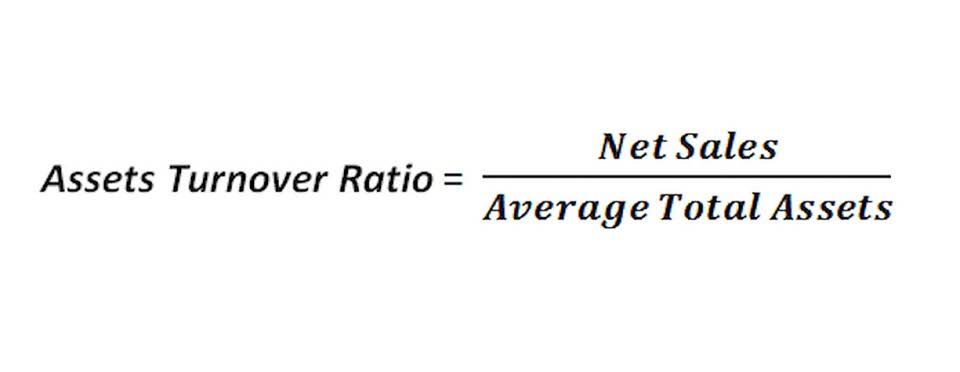
If you’re filing business taxes for LLC for the first time, you need to know the filing deadlines, deductions and the small business tax filing forms. Don’t forget to check your state’s tax record retention recommendations, too. The tax agency in your state might have more time to audit your state tax return than the IRS has to audit your federal return. The statute of limitations in many states is 1 year longer than in the federal statute. This is because the IRS provides state tax authorities with federal audit results.
- If you’re filing business taxes for LLC for the first time, you need to know the filing deadlines, deductions and the small business tax filing forms.
- When the tax practitioner is also an electronic return originator (ERO), there are additional record-retention requirements.
- The statutes of limitations in the U.S. tax code set time limits for the IRS to assess and collect taxes, or for a taxpayer seeking a refund or credit for an overpayment of taxes.
- You must also keep documents, such as canceled checks, receipts, cash register tapes, purchase orders, and other sales records to support your business records.
- If you don’t file a tax return, there’s no statute of limitations for an IRS assessment of tax.
How Long Does Your State Have to Audit Your Tax Return?
The extra year gives the states adequate time to assess taxes based on any federal tax adjustments. So, if you’re worried about the IRS claiming something on your return isn’t legitimate years later, keeping all your tax records will help you prove them wrong. A commonly mentioned retention period for tax practitioners is seven years and is suggested as a general guideline in the AICPA resource Document Retention FAQs for Tax Practitioners. Whatever period the tax practitioner ultimately decides new york income tax upon, it should be applied consistently to both paper-based and electronic records. This content is designed to provide accurate and authoritative information in regard to the subject matter covered.
How Long to Keep Financial Records
This article contains general information and is not intended Legal E-Billing to provide information that is specific to American Express products and services. Similar products and services offered by different companies will have different features and you should always read about product details before acquiring any financial product. FlyFin is a more affordable alternative than traditional tax services like TurboTax and H&R Block. FlyFin powers its bank-level security using Mastercard and Plaid, making FlyFin trusted by over 25,000 financial institutions. We protect your name, email address, phone number and more through compliance with the California Consumer Privacy Act, the highest data privacy standard in the US.
How can I dispose of old documents?
It’s also important to note that your tax documents contain sensitive personal information, so it’s best to dispose of them in the most secure way possible. Instead of simply throwing them away in the trash, shred them yourself, or use a shredding service. Member’s work products are the deliverables set forth in the terms of the engagement, such as tax returns.
States With a 4-Year Statute of Limitations
Generally, you must keep records and supporting documents for at least three years after you file a return. For instance, the California Franchise Tax Board has up to four years to audit state income tax returns, so California residents should save related tax records for at least that long. Basically, you’ll want to hold on to all documentation that relates to anything you reported on your tax return. They must keep these records to figure out depreciation, amortization, or depletion deductions, and to figure out the gain or loss when they sell or otherwise dispose of property. It is also important to consider that returns filed before the due date are treated as filed on the due date.
- If you claim depreciation on a rental property or business computer, you’ll need records for that, too.
- Returns filed before the due date are treated as filed on the due date.
- As a result, if you fall within this category, you will need to keep any documents relevant to the year in question indefinitely.
- The estimated tax penalty is generally an underpayment penalty for paying less in quarterly taxes that what you owe.
- The most common examples are records relating to real property, such as proof of the purchase and sale price, capital improvements, amounts taken for depreciation, etc.
I&U CPA LLC

These tips can help you keep important papers safe while protecting your identity and sensitive information. When filing taxes as self-employed, use Schedule C to report deductions and Schedule SE to calculate tax. If you paid taxes to a foreign government, you may be entitled to a credit or deduction on your U.S. normal balance tax return. If you received property in a nontaxable exchange, your basis in that property is the same as the basis of the property you gave up, increased by any money you paid. You must keep the records on the old property, as well as on the new property, until the period of limitations expires for the year in which you dispose of the new property. Generally, keep records relating to property until the period of limitations expires for the year in which you dispose of the property.


Your good recordkeeping also helps you determine which valuable credits and deductions you qualify for and provides documentation if we ask you for additional information. Once the tax practitioner has determined which records to retain, the next logical question is how long the records should be retained. While there is a strong professional rationale for keeping records, the records should not be maintained indefinitely. Several costs are involved in maintaining the records, including those for storage and for ensuring data security. When the tax practitioner is also an electronic return originator (ERO), there are additional record-retention requirements.
Recordkeeping for individuals

The three-year period during which the IRS may audit your returns is expanded to six years if you omit from gross income an amount greater than 25 percent of the amount reported on your return. Keep home sale and improvement receipts and documents for three years after you’ve sold the home. Most people don’t have to pay capital gains tax on home sale profits. If you inherit property or receive it as a gift, make sure you keep documents and records for at least three years after you dispose of the property.
How Long Must I Keep Records for New York State Income Tax?
Personal financial planning can help protect you from life’s unpredictability. Find tips to improve your financial planning process and learn to build a budget. If that’s the case, you might be able to write off your worthless securities or bad debts.
